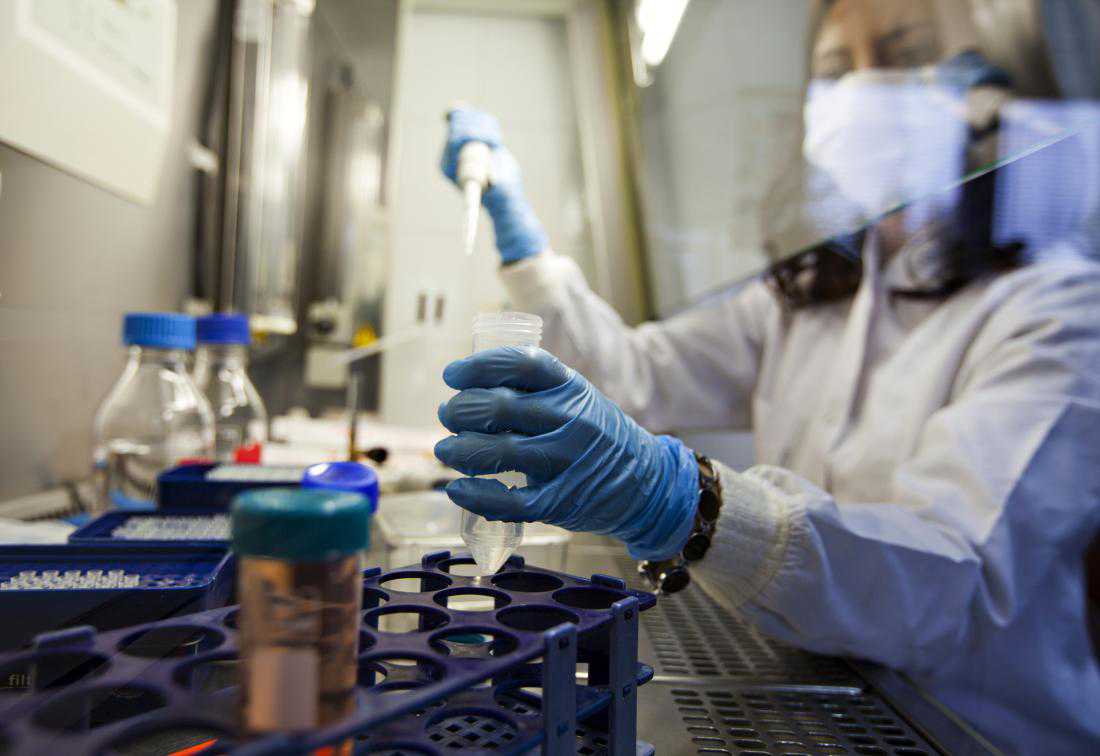Using cell metabolism to battle cancer
09 July, 2018

By focusing on how cancer stem cells metabolize, researchers may have uncovered a new way to defeat them: by attacking their energy supply.
Drug resistance is a sizable problem for cancer treatment. Medications that might initially work will soon become ineffective.
Scientists from the University of Michigan Rogel Cancer Center in Ann Arbor are focusing on how cancer stem cells fit into this problem.
Cancer stem cells are a small subpopulation of the cells in a tumor. Like standard stem cells, they are able to give rise to a range of cell types.
They are thought to play a vital role in cancer relapse and metastases because they are usually left untouched by standard chemotherapy and radiation therapy.
As lead study author Dr. Max S. Wicha claims, "When we use targeted therapies, they often only work for a certain period of time, and then the cancer becomes resistant. A lot of that resistance is from the cancer stem cells. They change form to evade the targeted therapy."
Because of this shape-shifting ability, Dr. Wicha concludes that "we're going to need multiple stem cell therapies to attack multiple forms of stem cells."
Cancer cell metabolism
In his latest experiment, Dr. Wicha analyzed how cancer stem cells metabolize, looking for chinks in their armor. The results were recently published in the journal Cell Metabolism.
Researchers previously demonstrated that cancer stem cells are flexible and can switch between different states: one wherein they remain dormant and another in which they grow rapidly. This ability to switch helps cancer to thrive and spread.
Metabolism is particularly key when the stem cell transitions from one state to another, making it a potential target for cancer treatment. When the cells are in their dormant phase, they require glucose, but when they become active and start dividing, they rely on fuel provided by mitochondria, which are reliant on oxygen.
In order to disarm this metabolic switch, Dr. Wicha and team used a two-pronged approach. Firstly, they used an arthritis drug, which blocks mitochondria, and secondly, they manipulated glucose to block that pathway.
"Rather than just try to use toxic chemicals to kill a cell, we use the metabolism of the cell itself to kill the cancer."
-Dr. Max S. Wicha
Using this double-headed attack, the scientists managed to knock out stem cells in a mouse model of breast cancer. Though this work is in its early stages, and there are lot of outstanding questions around cancer stem cells in general, these results are encouraging.
Because recent studies have found links between metabolism and the immune system, the authors of this study see a future where immunotherapies might be combined with a metabolic approach to improve outcomes even further.
TAG(s):
